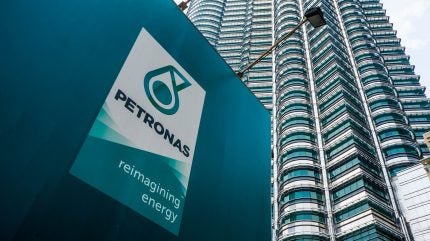
Petronas International Corporation, a unit of Malaysian oil and gas conglomerate Petronas, has initiated arbitration proceedings against South Sudan, reported Bloomberg.
The legal action follows state-run Nile Petroleum Corporation’s assumption of control over Petronas’ oilfields and assets, worth approximately $1.25bn (RM5.43bn).
This move by South Sudan effectively repossessed the Malaysian company’s investment in the country.
Earlier this month, Petronas announced its intention to exit South Sudan following approximately three decades of operations in the region.
The company had entered into negotiations with Savannah Energy, a UK-based oil and gas company, for the sale of its assets.
However, the Malaysian entity decided to abandon its investment due to escalating costs from a damaged pipeline, which has been affected by the ongoing conflict in neighbouring Sudan.
Petronas is suing South Sudan alleging that the country obstructed the sale of its assets.
On 5 August, Petronas received a letter from Chol Deng Thon Abel, an undersecretary at South Sudan’s Petroleum Ministry, alleging that the company had violated national laws.
The letter accused Petronas of failing to conduct an environmental audit and pay damages, as well as giving the South Sudanese Government an ultimatum regarding the sale of its assets, the publication said.
Petronas has refuted these claims, with its senior general manager Azahari Shuid stating that the government’s actions were “arbitrary, unreasonable and unlawful”.
The roots of Petronas’ involvement in the region trace back to 1997 when it began extracting crude as part of a consortium led by Lundin Oil.
The Swedish company has since faced legal scrutiny, with former executives indicted for alleged complicity in war crimes during Sudan’s regime in the territory now known as South Sudan.
Rights groups have also highlighted the role of foreign oil exploitation in exacerbating the long-standing conflict in South Sudan.



